-

Post Categories
The Vocal Score of the MISERERE by Tommaso Traetta is now available.

The full vocal score of this magnificent composition is AVAILABLE FROM AMAZON.COM or BARNES & NOBLE
IL CAVALIERE ERRANTE by TOMMASO TRAETTA
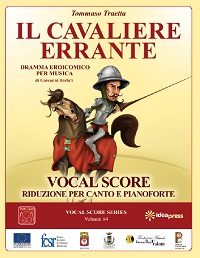
The full vocal score of this magnificent opera is AVAILABLE FOR THE FIRST TIME IN HISTORY FROM AMAZON.COM or BARNES & NOBLE
The Vocal Score of the Munich version of the Stabat Mater by Tommaso Traetta is now available.
With biography and commentary in English, Italian, German and Japanese. The full vocal score is AVAILABLE FOR THE FIRST TIME IN HISTORY FROM AMAZON.COM or BARNES & NOBLE
The full vocal score is AVAILABLE FOR THE FIRST TIME IN HISTORY FROM AMAZON.COM or BARNES & NOBLEDoña Flor, the vocal score

The full vocal score of this magnificent opera is AVAILABLE NOW FROM AMAZON.COM
OPERA, MY LOVE: ARTICLES, REVIEWS AND INTERVIEWS
- About “Opera My Love”
- ARTICLES
- Mariano Garau, Sacred Music Composer. Article by Natalia DiBartolo (2015)
- Penned up on Lake Geneva OPERA-FILM REVIEW BY LINDAANN LOSCHIAVO: “Villa Diodati” by Mira J. Spektor (2015)
- Remembering the Great Licia Albanese. Articvle by LindaAnn LoSchiavo (2014)
- S.Pellegrino pays tribute to the unforgettable Maestro Luciano Pavarotti (2013)
- San Diego Opera Continues Its Battle for Survival. Article by Erica Miner (2015)
- SUMMER STAGING OF OPERA IN ITALY: THE DISAPPEARING TRADITIONS. Article by Salvatore Margarone (2015)
- THE BIRTH OF VERDI’S AIDA (2013)
- Vincenzo Bellini: a true Sicilian. Article by Salvatore Margarone (2015)
- Viva Verdi presentation in Brooklyn
- HISTORY OF THEATERS AND OPERA HOUSES
- INTERVIEWS
- 2002: Interview with Conductor Vincent LaSelva
- 2010: Interview with Dan Montez, Artistic Director of the Taconic Opera
- 2013: Interview with Maestro Michael Recchiuti
- 2014/1: INTERVIEW WITH THE TENOR GASTON RIVERO.
- 2014/2: Interview with the soprano Elizabeth Blancke-Briggs
- 2014/3: Interview with Maestro Giuseppe Sabbatini
- 2014/4: An interview with Director Eleonora Firenze
- 2015/1: “Singing has filled my life”; Interview to Carlo Colombara in Catania
- 2015/2New San Diego Opera General Director Cannot Curb His Enthusiasm
- 2018: Let’s Meet a Rising Star: An Exclusive interview with the soprano AnnaMaddalena Capasso
- OUR STAFF
- REVIEWS
READ L’IDEAMAGAZINE!!!
Opera my love
-
Operas around the world
- OPERAMYLOVE selected by Feedspot as one of the Top 25 New York Classical Music Blogs on the web.
- The Opera on the piano: two Italian musicians in New York
- Lila Palmer Appointed General and Artistic Director of New Orleans Opera
- “Callas Forever”: all’IIC di Washington il film di Franco Zeffirelli
- VERONA ARENA’S CENTENNIAL OPERA FESTIVAL COMMENCES WITH SPECTACULAR “CRYSTAL” AIDA, BROADCAST GLOBALLY ON RAI 1
- The Bronx Opera in Dialogues of the Carmelites, Lehman College, May 6-14
- Kozlova Int’l Ballet Competition, April 18-21 at the Kaye Playhouse
- Concert for Ukraine
- Pianist Polly Ferman performs Music of the Americas this Thursday, March 23, in New York City
- A time of reckoning for opera
- Christine Jowers receives a Bessie & award from American Dance Guild
- Showing of new film ‘DANCING WITHOUT STEPS: THE ART OF IMPROVISATION WITH MARGARET BEALS”
- Help celebrate the release of Met Opera-based #1 Julia Kogan “Opera Mystery,” ARIA FOR MURDER, by attending the Virtual Book Party on Nov. 20.
- The Center at West Park presents the premiere of
- “Like an artisan, with each choreographic section, I refine and explore ideas through movement and examine how to communicate”. An exclusive interview with Anabella Lenzu
- Sacco and Vanzetti premiere at the Studio Theater, Lehman College, a review
- Fini Dance Festival & Awards 2022, Aug. 31 at Ailey’s
- Audition for Soprano Voice Soloist
- Premiere of “Sacco and Vanzetti,” opera by Blitzstein and Lehrman on September 10th
- Music, from Richmond County to the World. An exclusive interview with Maestro Alan Aurelia
- AUDITIONS OPEN FOR DANCING COMPANY Limón2
- “As a composer myself, I know there is no “one way” to interpret a piece…” Interview with Victor Alexeeff
- This Man Will Make Your Kids Fall in Love with Opera
- MIRO MAGLOIRE’S NEW CHAMBER BALLET LIVE AT THE MARK MORRIS DANCE CENTER
- Having Fun with Vivaldi and the Opera
Search
Archives
- April 2024 (1)
- March 2024 (1)
- January 2024 (1)
- December 2023 (1)
- June 2023 (1)
- April 2023 (2)
- March 2023 (2)
- January 2023 (1)
- December 2022 (2)
- November 2022 (1)
- October 2022 (2)
- September 2022 (1)
- August 2022 (1)
- July 2022 (2)
- May 2022 (3)
- March 2022 (1)
- February 2022 (1)
- January 2022 (1)
- July 2021 (1)
- June 2021 (3)
- May 2021 (2)
- January 2021 (2)
- November 2020 (4)
- October 2020 (2)
- May 2020 (2)
- April 2020 (1)
- September 2019 (1)
- August 2019 (1)
- June 2019 (3)
- May 2019 (1)
- April 2019 (1)
- September 2018 (1)
- August 2018 (1)
- July 2018 (1)
- May 2018 (1)
- April 2018 (2)
- March 2018 (3)
- February 2018 (1)
- January 2018 (1)
- December 2017 (5)
- April 2017 (1)
- March 2017 (1)
- February 2017 (1)
- December 2016 (2)
- November 2016 (6)
- October 2016 (6)
- September 2016 (9)
- August 2016 (7)
- July 2016 (5)
- June 2016 (14)
- May 2016 (8)
- April 2016 (11)
- March 2016 (18)
- February 2016 (23)
- January 2016 (37)
- December 2015 (22)
- November 2015 (17)
- October 2015 (18)
- September 2015 (10)
- August 2015 (8)
- July 2015 (1)
- June 2015 (2)
- May 2015 (4)
- April 2015 (32)
- March 2015 (18)
- February 2015 (7)
- January 2015 (25)
- December 2014 (51)
- November 2014 (14)
- September 2014 (5)
- August 2014 (1)
- July 2014 (2)
- June 2014 (12)
- May 2014 (18)
- April 2014 (30)
- March 2014 (47)
- February 2014 (34)
- January 2014 (41)
- December 2013 (49)
- November 2013 (56)
- October 2013 (70)
- September 2013 (58)
- August 2013 (14)
- July 2013 (4)
Tiziano Thomas Dossena’ s Facebook author page
Blogs I follow:
Blog Stats
- 129,591 hits
Interview to Dan Montez, Director of Taconic Opera
L’Idea Magazine – Volume II – Issue # 40, 2010
Next April, the Taconic Opera, in collaboration with the Circolo Culturale di Mola di Bari, will offer to the Westchester public the American premiere of Doña Flor, an opera by Niccolò van Westerhout. Last October, I had the occasion to be at the opening of their production of Verdi’s Macbeth, and I have to confess that he exceeded all my expectations. The music was flawless, the singers competent and pleasant, the direction exciting and original. We take the opportunity, then, of introducing you the General Director of this esteemed Opera Company. Supplemental information may be found at their site: http://www.taconicopera.org
L’IDEA: Dan Montez, General Director of the Taconic Opera, tenor, pianist, composer, writer, and the list goes on… Is there something in the Arts you have not explored?
Dan Montez: My parents were both artists so the arts were in my genes. My mother started me on the piano at age six. At 14, I became church organist and began playing with a local orchestra. The conductor encouraged me to explore composing. I also loved acting and studied drama in high school. In college I was on piano and voice scholarship at the same time. But the voice is what really excited me the most. I found the voice to be the most expressive of all instruments, and although I felt it was the most difficult for me, I decided I would figure out how to sing. I became an opera singer and found that that the best opera singers were never just singers, but well-rounded musicians, most of whom were also pianists. Wanting to sing at Lincoln Center was a dream of mine, which I achieved during my 14 years of full time singing. During this time, I also had many opportunities to direct operas. When I began running the Taconic Opera 12 years ago so I could raise my children, I decided to make directing my focus rather than singing.
L’IDEA: You manage to balance an extremely hectic life with an exceptionally positive attitude. Were you always this way or was there a specific point of your life when you picked that up?
Dan Montez: I worked for the Zig Ziglar Corporation (a motivational book and tape company) as a teenager. In order to motivate me to achieve my dreams and goals, I listened to tapes and read books on motivation and achievement for many years. I am not self-motivated–I really needed external motivation. I began publishing a subscription periodical, Positive Life, and wrote articles on positive attitudes and overcoming the negativity that surrounds us. I wrote a cover story for Norman Vincent Peale’s magazine as well. I ended up writing my own books, like Don’t believe It, to help inspire others to achieve their own dreams. I have also long believed that creating a balanced life, where family comes first, has kept me grounded and positive.
L’IDEA: Mr. Montez, you founded the Taconic Opera 12 years ago as a “resident opera company”. How well has this original blueprint worked in practice and what was the inspiration behind this resolution?
Dan Montez: Taconic Opera has always used only local artists to present its productions (you can read our philosophy on our website on our philosophy page). This has worked well for us. The community enjoys seeing their own local singers perform for them. They are a part of their community and they are proud to have and support their own artists. The artists as well get to know each other on stage and learn how to react off of one another’s acting styles. This creates a more cohesive production where singers aren’t trying to get personal attention from the audience, but rather committed to an ensemble production the same goals of telling the story and transmitting the intentions of the composer.
L’IDEA: Why did you choose Westchester County, and in particular the historic Yorktown as the location of your company?
Dan Montez: Westchester didn’t have a fully professional opera company, and being less than an hour north of New York City, I felt that they was such a shame with so much talent residing in the area. In addition, I live here myself and want to see the arts grow. Yorktown is only one of the venues we have performed. We perform throughout the county, in Purchase, Harrison, Yorktown and also Peekskill.
L’IDEA: The Taconic Opera also works with the schools of the area. Could you elaborate on the programs you run?
Dan Montez: Taconic Opera produces both in-school and main stage productions for children. We go into schools in our county and even surrounding counties with short operas for children and other programs. In addition, three times a year, we bus in children from schools to come see our main stage productions–the same ones seen by adults. The singers and orchestra get off of work to do this great service at 10AM in the morning so children can be exposed to the arts. Taconic Opera feels an obligation to the next generation. Exposing children to the arts increases their cognitive abilities, their IQs, and also helps to develop the creative, problem solving side of their brains.
L’IDEA: In one of your articles, you state that “Who the artist is as a person is evident in the work the artist produces”. In view of the fact that, observing the artistic world as a whole, this does not seem to appear as a self-evident truth, could you clarify this fascinating statement?
Dan Montez: It’s hard to see this evidence from an audience standpoint because the audiences are kept from witnessing the personal lives of performers, making it hard to make comparisons. However, having been in the arts my whole life, I have come to believe that it is impossible to separate the art from the artist. Everything we are and everything we experience has an artistic influence on the art that we produce. We are limited in our art by our lack of character. Our experiences add to our palettes, our styles, and our intentions we use to produce that art. Apart from popular opinion, unhappy and depressed artists don’t necessarily create better art. In fact, when we force artists to go on the road rather than sing locally, we keep artists from having the experiences that the rest of us have in being part of families and communities with their accompanying sacrifices. Ironically, then we turn to these artists to create a vision of how we can lead better lives when the artist himself doesn’t even know what it means to live a normal life. Good art requires balanced artists. If not, then society becomes as myopic and self absorbed as the artists are. They begin worshiping the mediums of art and do not see art as only a vehicle that is supposed to show us something else–something better than ourselves.
L’IDEA: Doña Flor will be the thirtieth opera you will direct, in the spring of 2010. Directing all these celebrated composers’ works has undeniably vested you with an enviable experience, but how do you feel about presenting to the American public a musician who is little known by them? Do you feel that this is an added responsibility toward the composer himself?
Dan Montez: It’s certainly more difficult. Mainstream composers have many books written about them and commentaries abound criticizing their works, their strengths and weaknesses. Unknown composers require a bit more homework. I personally feel that I want to the audience to know the special things that Westerhout has to offer that are unique to him.
L’IDEA: Has this work by van Westerhout interested from the first introduction or did you have to warm up to it? What do you feel are the musical characteristics of this opera that will charm your public? What about the narrative itself?
Dan Montez: Van Westerhout, like many composers that were not given as much of a chance to be heard, like say, Puccini, has much of his own style to offer. Much of his strengths reveal themselves by working out the music. First, we work out the musical issues and just sing through the piece. Phrasing and interpretation have to be explored during this process. We have to make decisions on style without being able to consult the composer. Sometimes the period he composed the work lends a clue along with the residence of the composer and the people he studied with. His librettist lends clues as well. Then we move on to staging and creating a dramatic interpretation. This causes us to rethink decisions we may have made musically. Slowly, the composer begins to reveal himself. This is a painstaking and detailed process. The opera, Doña Flor, is interesting in many ways, if only that it is one of the few times a lover kills her own beloved through manipulation. The baritone, or role of the Ambassador, reveals and interesting personality in that he doesn’t choose violence himself but rather manipulates others to violence–just the way an Ambassador would do in his political position. This is great fun in many ways in spite of the fact that the opera is a tragedy. And, of course, what opera wouldn’t be complete without a Venetian tenor to make the soprano happy.
This entry was posted in Interview and tagged Dan Montez, L'Idea Magazine, Opera, Taconic Opera. Bookmark the permalink.




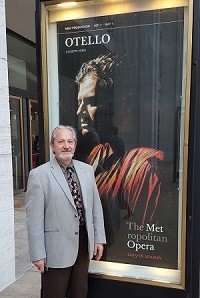



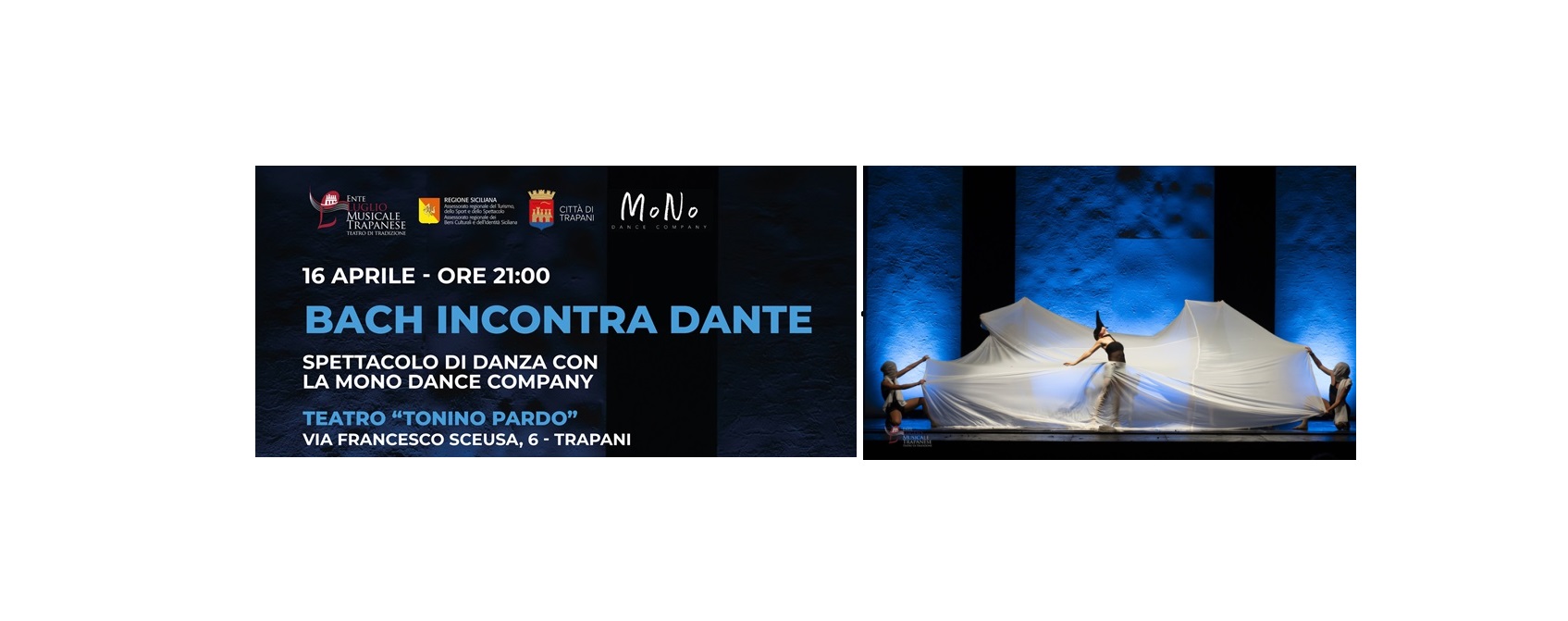
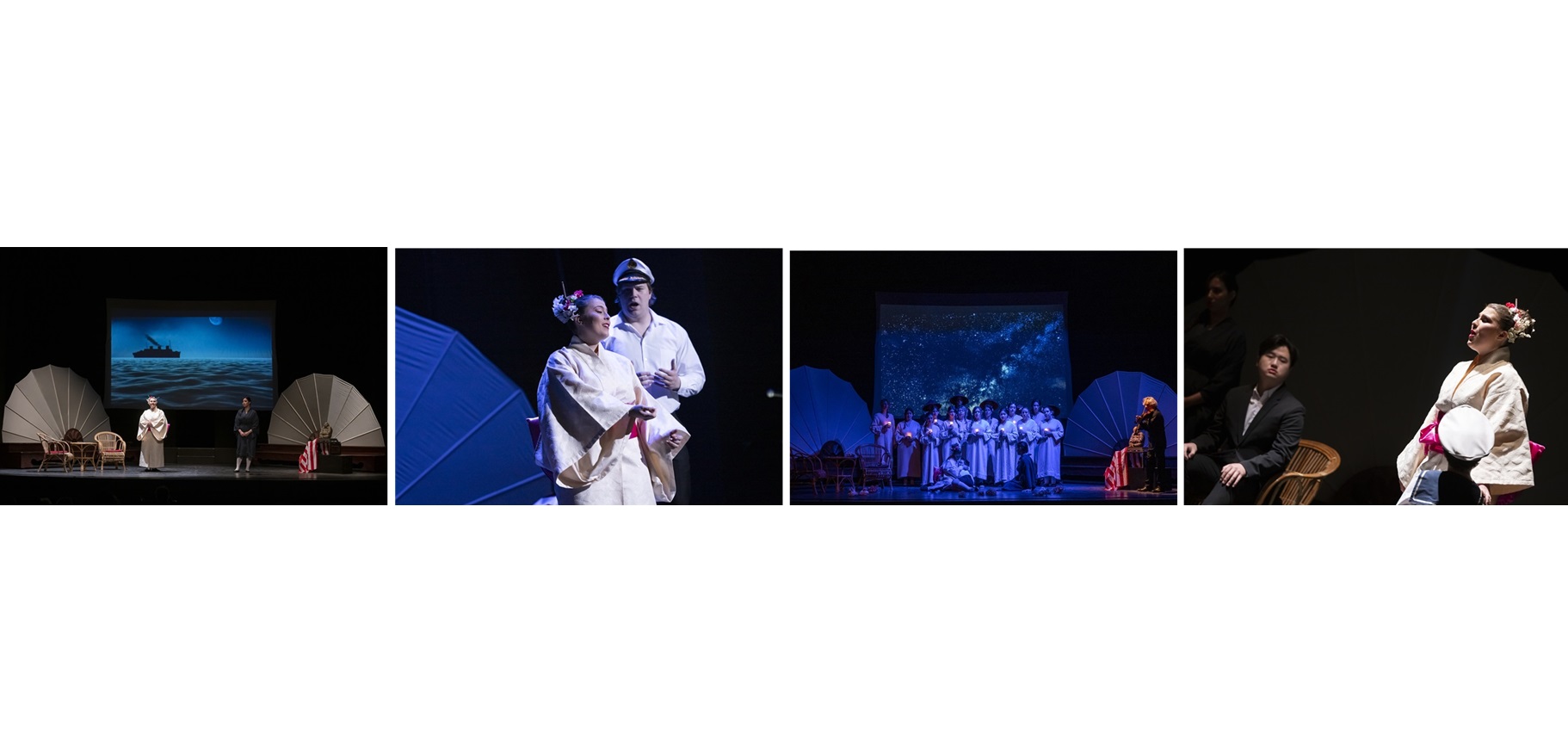

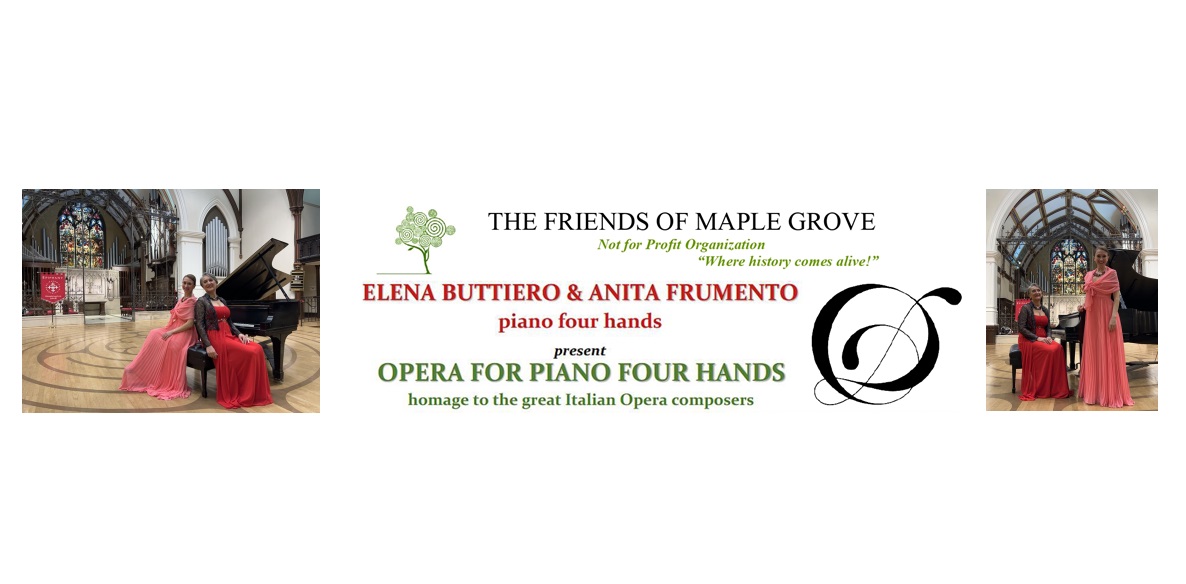
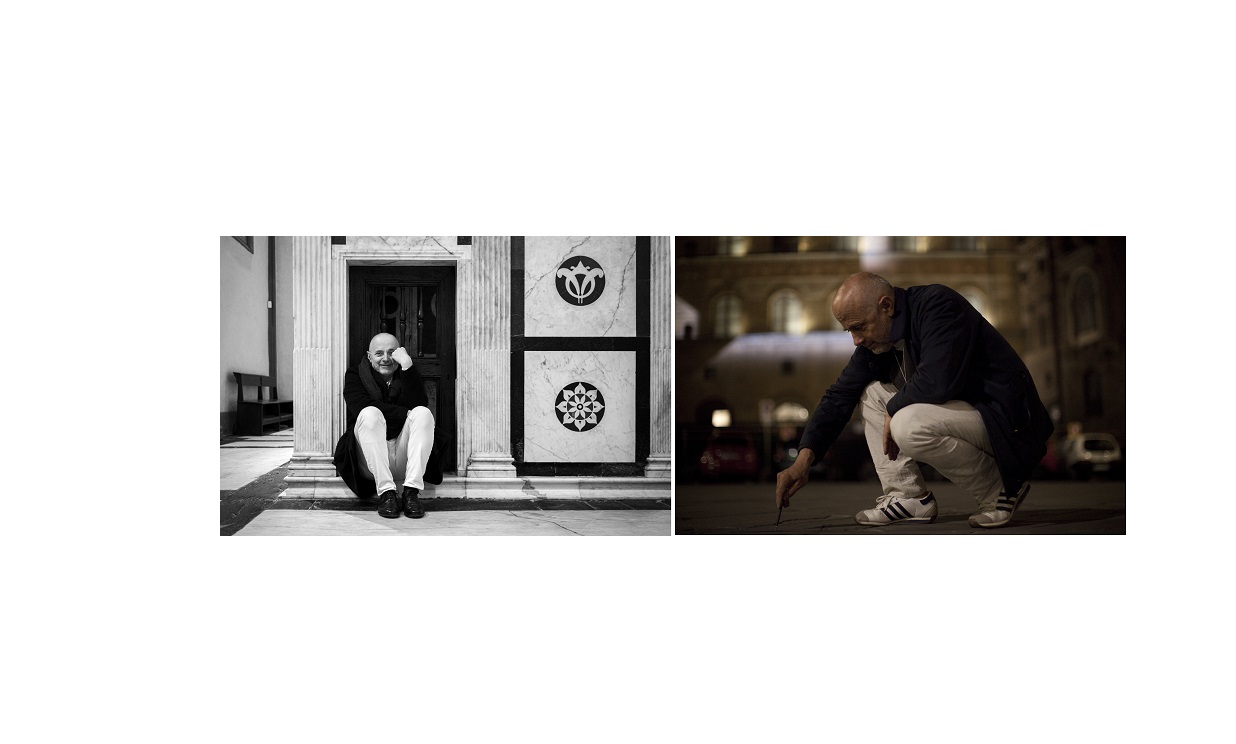
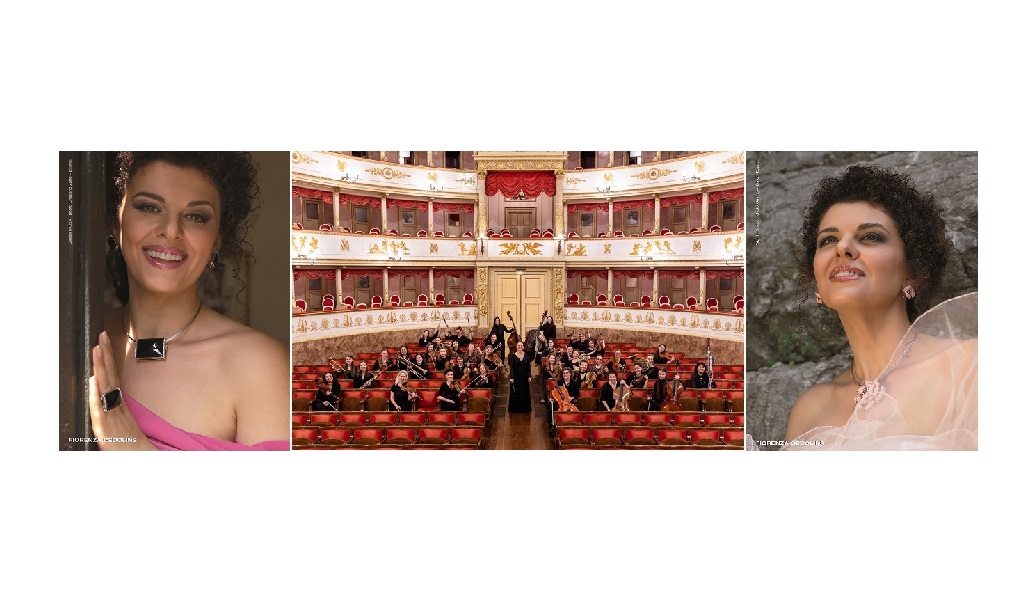

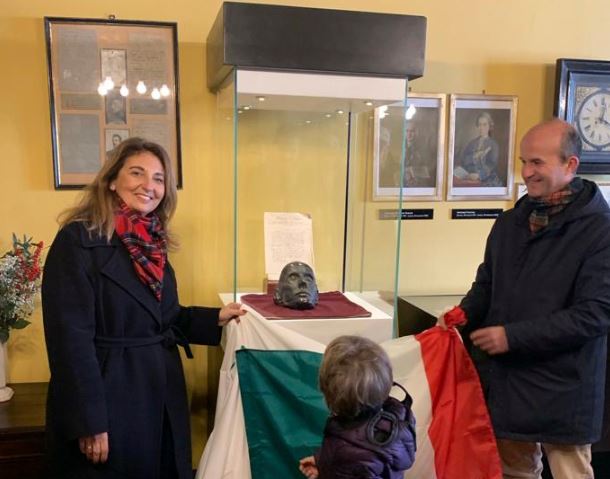
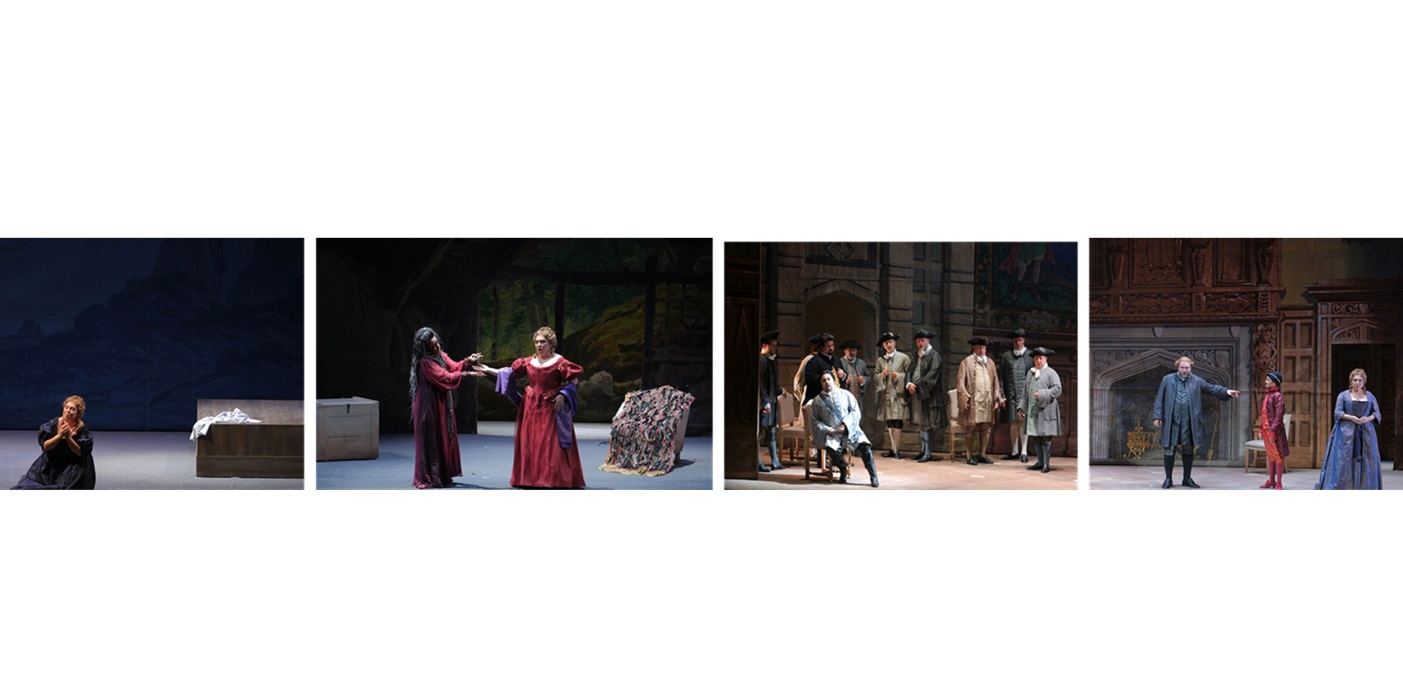

Pingback: Wilhelmina McFadden | Alexander McFadden
You have inserted the wrong code on your page for this blog. Check it out!
LikeLike